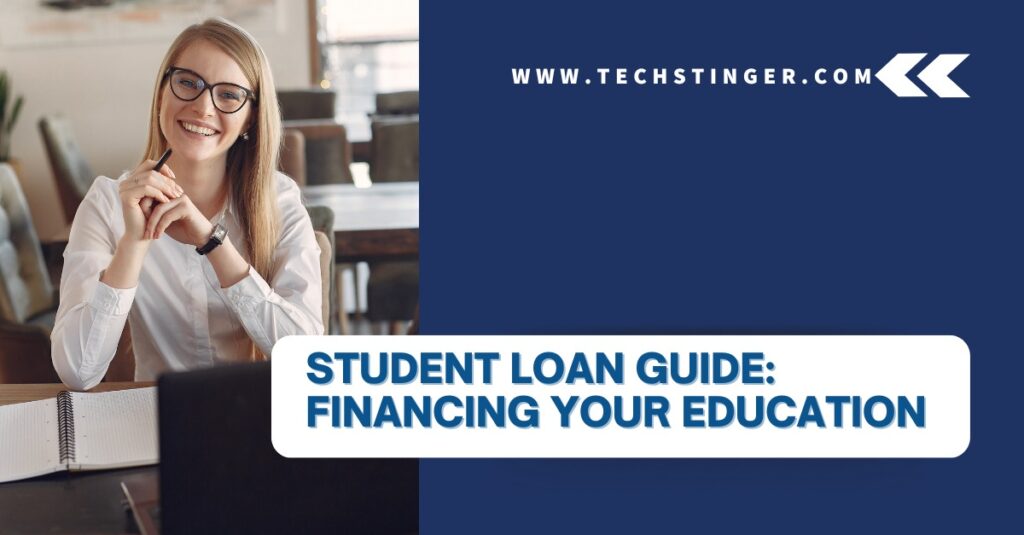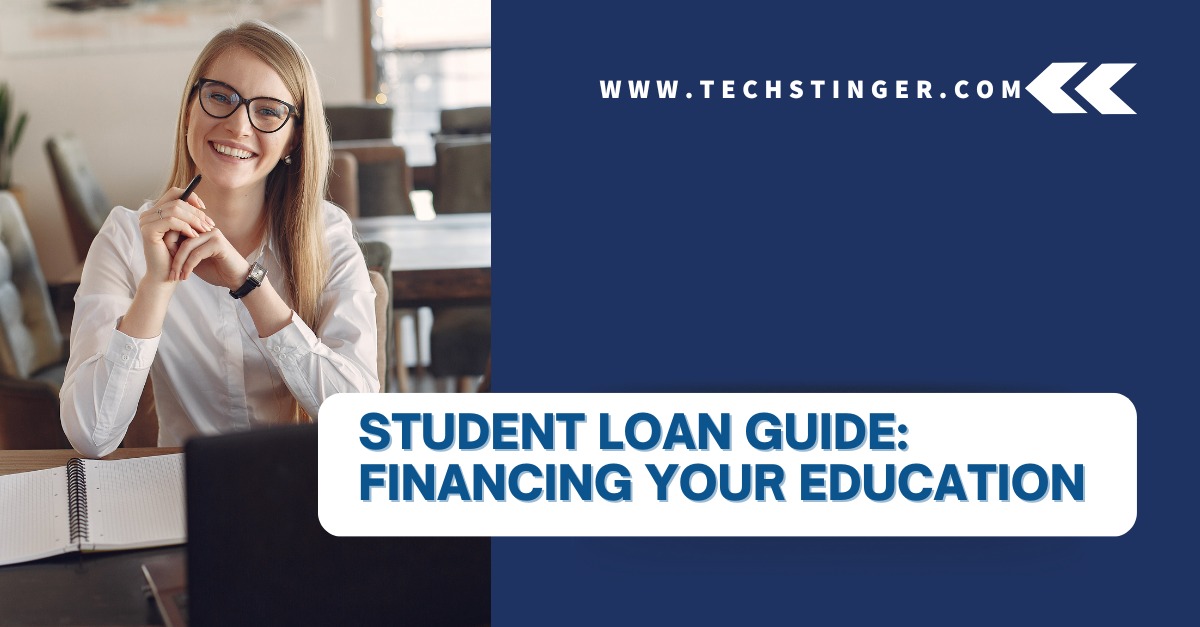Student Loan Guide: Financing Your Education

Are you considering pursuing higher education but worried about the financial implications? You’re not alone. Many students face the challenge of financing their education, and student loans can be a viable option to bridge the gap. In this comprehensive student loan guide, we will explore everything you need to know about financing your education through student loans. From understanding the types of student loans available to finding the right repayment plan, this article aims to provide you with valuable insights and tips.
Understanding Student Loans
What are student loans?
Student loans are financial tools designed to help students cover the costs of higher education. They are funds that need to be repaid over time, typically with interest. Student loans can be obtained from both government-backed institutions and private lenders.
Types of student loans
There are two primary types of student loans: federal and private. Federal student loans are issued by the government and offer certain benefits and protections, such as fixed interest rates and income-driven repayment plans. Private student loans, on the other hand, are provided by banks, credit unions, and other financial institutions.
Federal vs. private student loans
Federal student loans are often more favorable due to their fixed interest rates and flexible repayment options. Private student loans, on the other hand, vary in terms of interest rates and repayment plans, depending on the lender. It’s important to carefully consider the terms and conditions of each loan type before making a decision.
Interest rates and terms
Interest rates on student loans can vary depending on the loan type, lender, and borrower’s creditworthiness. Federal student loans typically have lower interest rates compared to private loans. Loan terms can range from 10 to 30 years, depending on the repayment plan chosen.
Applying for Student Loans
Eligibility criteria
To qualify for student loans, you typically need to be enrolled or accepted at an accredited educational institution. Some loans may have additional requirements, such as demonstrating financial need or maintaining satisfactory academic progress.
Filling out the Free Application for Federal Student Aid (FAFSA)
To access federal student loans and other forms of financial aid, you’ll need to complete the FAFSA. This application collects information about your family’s income and assets to determine your eligibility for various federal programs.
Choosing the right loan provider
When considering private student loans, it’s essential to research different lenders and compare their terms and conditions. Look for competitive interest rates, repayment flexibility, and borrower benefits.
Research scholarships and grants
Explore scholarship and grant opportunities to supplement your education funding. These do not require repayment and can significantly reduce your reliance on loans.
Work-study programs
Consider participating in work-study programs offered by your educational institution. These programs provide part-time employment opportunities, allowing you to earn money while studying.
Building credit while in school
Managing your student loans responsibly can help build your credit history. Make timely payments and establish good financial habits to set yourself up for future financial success.
Repayment Strategies
Standard repayment plan
The standard repayment plan involves fixed monthly payments over a set period. This plan ensures your loan is paid off within a specific timeframe, typically 10 years.
Income-driven repayment plans
Income-driven repayment plans adjust your monthly payments based on your income and family size. These plans can be beneficial if you anticipate lower income levels after graduation.
Loan consolidation
Consolidating your loans combines multiple loans into one, simplifying the repayment process. It can also potentially lower your monthly payments by extending the repayment term.
Early repayment and prepayment
Consider making extra payments or paying off your student loans ahead of schedule if you have the financial means. Doing so can save you money on interest and help you become debt-free sooner.
Resources for Student Loan Assistance
Loan servicers and financial aid offices
Loan servicers and financial aid offices can provide guidance and support throughout your student loan journey. Reach out to them for assistance with repayment options, deferment, or general inquiries.
Student loan counselling services
Nonprofit organizations and counseling services specialize in providing advice and guidance for managing student loan debt. They can help you navigate your options and develop a personalized repayment plan.
Online resources and tools
Numerous online resources and tools are available to help you understand and manage your student loans. Websites, calculators, and budgeting apps can provide valuable insights into your loan repayment journey.
Common Mistakes to Avoid
Taking on excessive debt
Borrowing more than what you need can lead to financial strain in the future. Carefully consider your educational expenses and borrow responsibly.
Ignoring repayment responsibilities
Ignoring your loan repayment responsibilities can result in serious consequences, such as damaged credit and legal actions. Stay informed, communicate with your loan servicer, and fulfill your repayment obligations.
Conclusion
In conclusion, financing your education through student loans can be a viable option to pursue your academic goals. By understanding the types of student loans available, the application process, and the management of student loan debt, you can navigate this financial journey with confidence. Remember to borrow responsibly, only taking what you need and exploring other financial aid options such as scholarships and grants.

